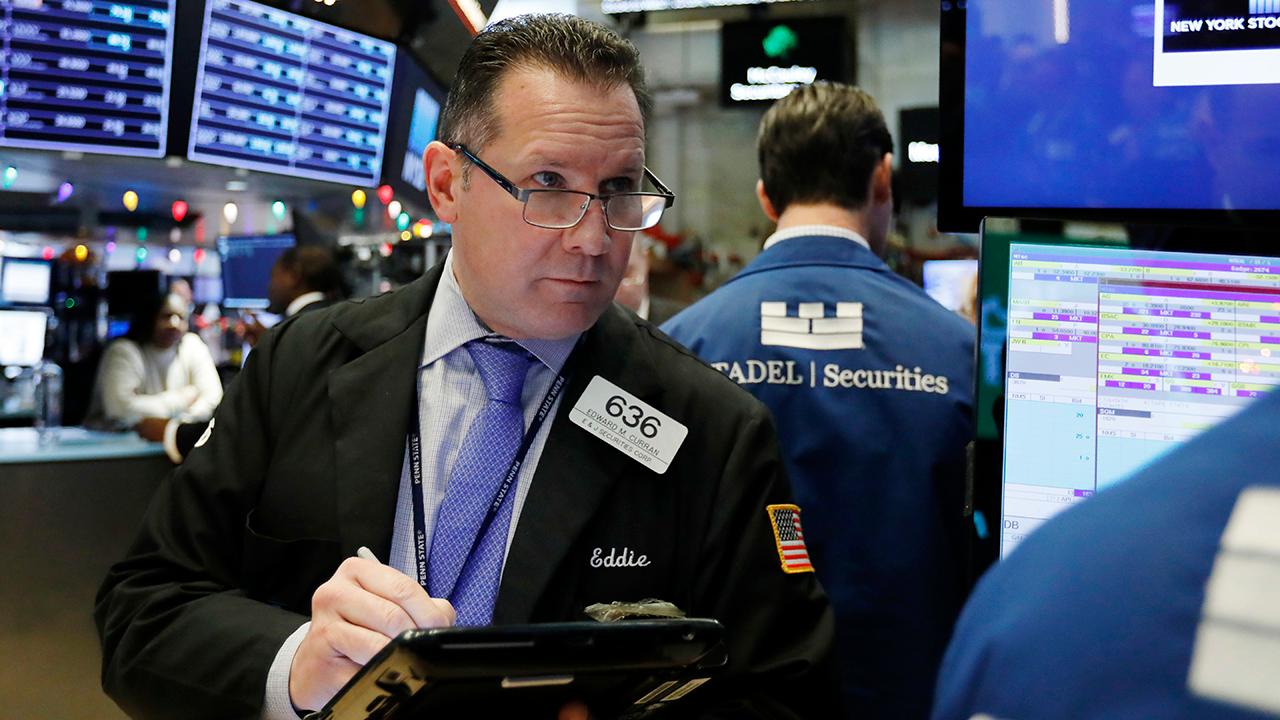Trump's capital gains tax change may still be on the table
President Trump may still be considering changing the way capital gains are taxed.
The president is expected to discuss indexing capital gains to inflation with his economic advisers this week, three people familiar with the matter told The Wall Street Journal. Discussions are expected to include whether the administration should go around Congress to move forward on the proposal.
Capital gains taxes are paid on the difference between what an individual originally paid for a property or investment vs. what it sells for -- at the time it is sold. Indexing capital gains means investors could adjust their cost basis for inflation – so only gains that exceed the rate of inflation would be taxed.
Proponents argue that inflation erodes the value of an investment over time, so a portion of what is taxed is not a “real return.”
“Indexing or a lower rate can reduce this distortion,” Chris Edwards, director of tax policy studies at the Cato Institute and editor of www.DownsizingGovernment.org, told FOX Business. “Reduced capital gains taxes are crucial to encouraging investment in start-up and growth firms.”
The current top capital gains rate sits at 23.8 percent. The highest income bracket tax rate, by contrast, is 37 percent.
Trump said last month indexing would be “very easy to do,” adding that he was “certainly thinking about” it.
A day later, however, he appeared to withdraw support, telling reporters that the move may disproportionately benefit wealthier Americans.
The White House appears to be going back and forth on a number of different tax policy proposals. Last month Trump also indicated support for a temporary payroll tax cut – before backing away from that idea, too.
Former Rep. John Delaney has advocated for higher capital gains rates, as has Independent Vermont Sen. Bernie Sanders. Massachusetts Sen. Elizabeth Warren has called for taxing capital gains regularly – as opposed to just when assets are sold.




















